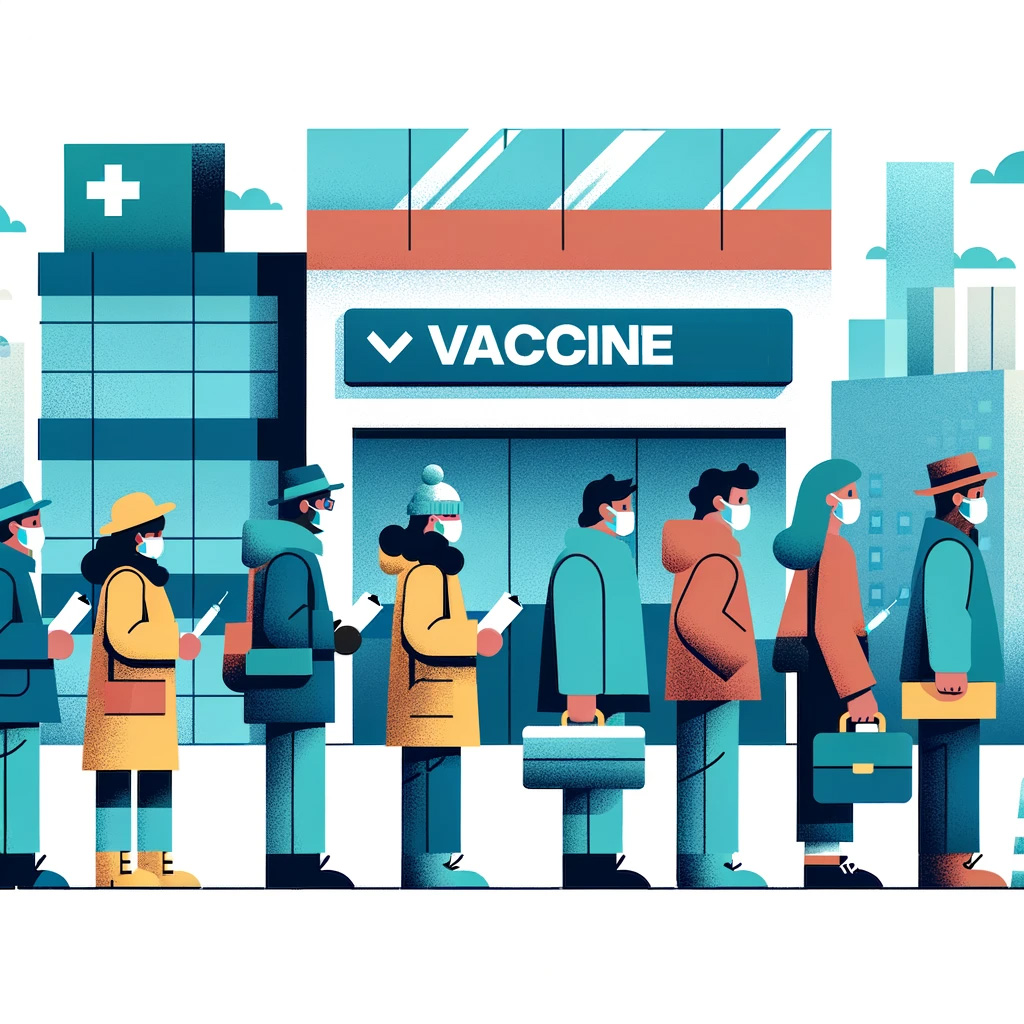
Churches can find themselves responding to a wide array of crises, each demanding a specialized response strategy.

Natural Disasters
Hurricanes, floods, wildfires, and earthquakes are some examples. These require immediate provision of shelter, food, and basic necessities.

Societal Issues
These include homelessness, drug addiction, and domestic violence. Churches can offer shelters, counseling services, and community programs to address these.

Public Health Crises
Epidemics or pandemics may require churches to act as vaccination centers, disseminate public health information, or offer spiritual support to those affected.

Political and Social Unrest
In times of civil strife, churches can serve as neutral grounds for dialogue, mediation, and peace-building initiatives.
The different types of crises require a well-planned and proactive approach, underlining the need for churches to be prepared across these dimensions.